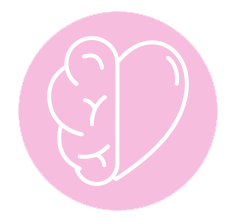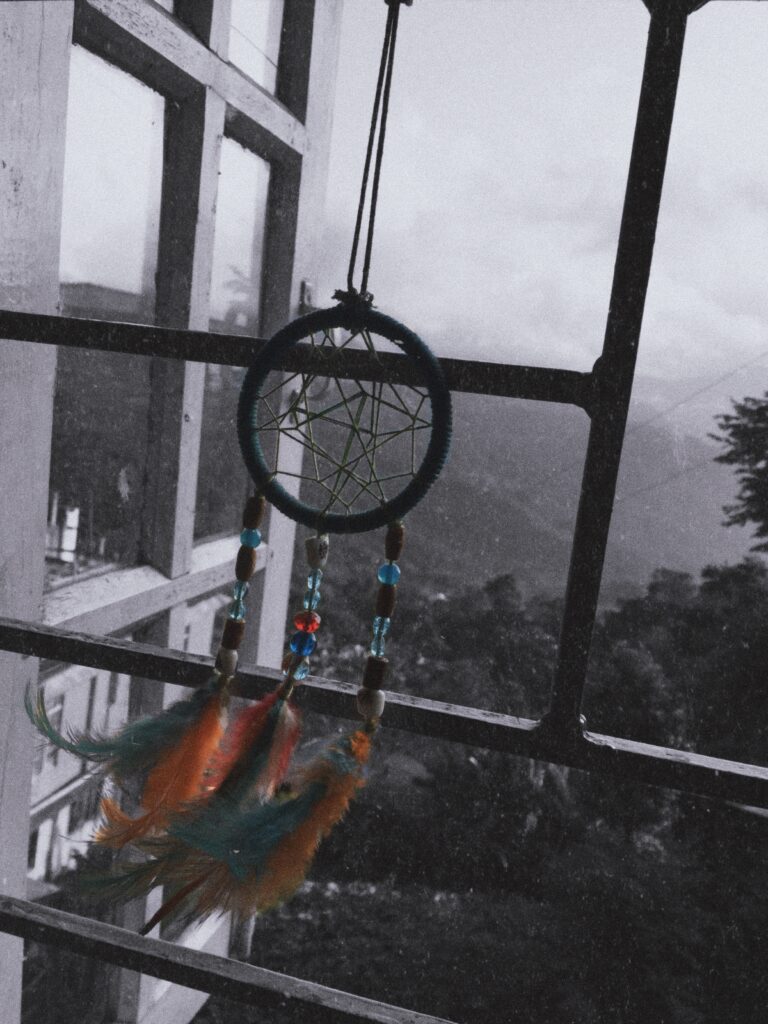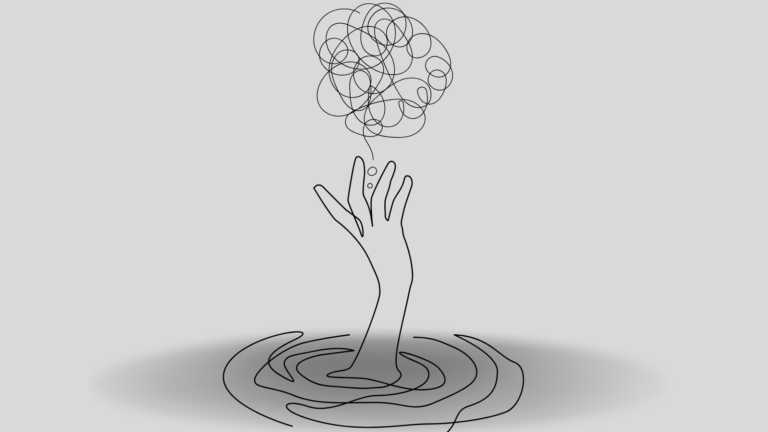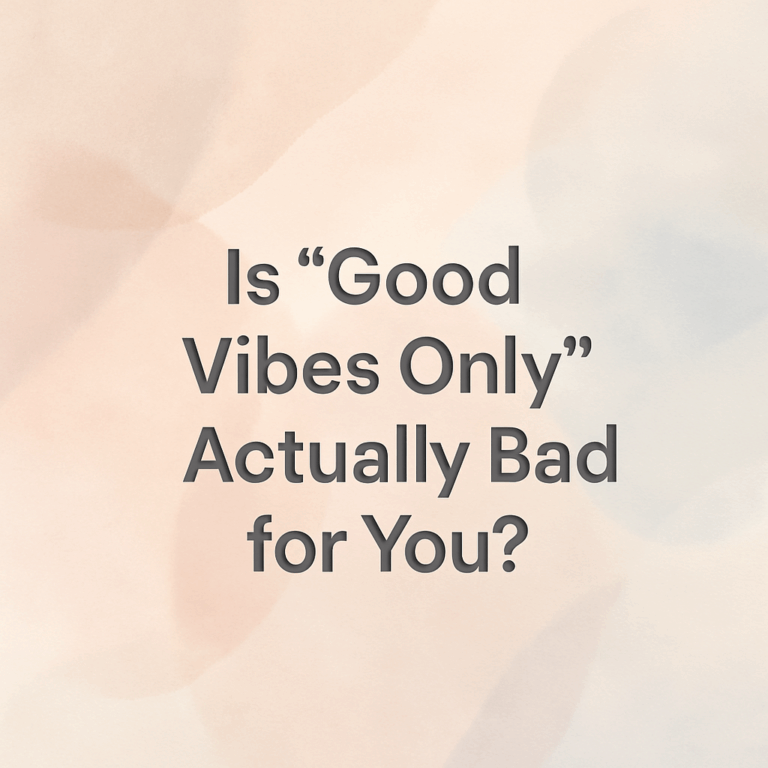
“When relying on others has historically led to hurt or disappointment, we train ourselves to avoid vulnerability altogether.”– Dr. Nicole LePera, on hyper-independence
I’ve always prided myself on being a strong, independent woman- cue the knowing looks and the jokes that come with that phrase. But even with all the eyes that want to pry open my sense of self, I like being self-sufficient and I don’t like asking for help.
There’s something undeniably cool about being that person- self-sufficient, emotionally untouchable, navigating life with the precision of a Swiss Army knife.
The internal monologue goes something like:
Need help? No, thanks.
Feelings? Keep them far, far away.
I don’t know what it is about showing vulnerability that makes me want to instinctively shut down or immediately abort mission. Maybe it’s the fear of being seen as weak, or maybe it’s just the way I’ve wired myself to function. If there’s a way to handle something on my own, you can bet I’ll find it.
But I’m starting to realize slowly and stubbornly that maybe, just maybe, I can’t do everything alone. And, more importantly, I don’t have to.
What is Hyper-Independence?
Hyper-independence goes beyond just being self-sufficient. It’s self-reliance on steroids! It’s the extreme need to handle everything alone, to the point where accepting help feels uncomfortable or even threatening. At it’s core, it’s rooted in the deep-seated belief that you cannot or should not rely on others, no matter what.
Thing is, hyper-independence is often praised as a strength. But what if that relentless “I got this” attitude is actually a defense mechanism in disguise? Many psychologists seem to think so too and there is research that backs this claim.
Numerous studies have linked this trait to trauma, especially when past experiences have taught you that relying on others leads to disappointment, betrayal, or loss of control. For many, it’s not just a personality trait; it is developed as a survival strategy.
If you grew up in an environment where you couldn’t depend on others, you learned to depend on yourself. If trust was broken one too many times, you decided you were better off never giving anyone the chance to let you down again. And if vulnerability ever led to pain, you learned to lock it away completely.
Overtime, emotional neglect can reinforce this “I’ll do it myself” mentality not out of strength, but as a way to shield you from future pain.
The Double-Edged Sword of Doing It All
Hyper-independence feels like strength. And to an extent, it is. There’s something empowering about knowing you can rely on yourself. But when taken to an extreme, it becomes exhausting and isolating.
I’ve had moments where I was drowning in stress, knowing full well that I had people in my life who wanted to help, but I still refused to reach out. Not because they weren’t capable, but because some part of me just couldn’t do it. Maybe you’ve felt that too. The internal voice whispering, “You should be able to handle this,” or worse, “No one else will understand.”
The irony? The very thing meant to protect us (not depending on anyone) often ends up hurting us instead. Humans are wired for connection. Studies show that social bonds reduce stress, improve mental health, and even increase lifespan. So by way of this theory, when we deny ourselves support and push people away, we’re fighting against our own biology. Eventually, we end up alone- not because no one cares, but because we never let them in.
And that’s how hyper-independence turns into a slippery slope towards burnout. Doing everything alone may work for a while, but at a certain point, the weight gets too heavy. And when you don’t have a support system to fall back on, the cracks start to show.
How to Unlearn the ‘I Don’t Need Anyone’ Mentality
So, if you’ve spent years convincing yourself that you don’t need anyone, how do you start letting people in? It won’t happen overnight, but healing starts with small, intentional steps:
- Recognize that needing others doesn’t make you weak. No one was meant to do life alone. Even Batman had Alfred just as Frodo had Sam and Sherlock had Watson.
- Challenge the inner voice. That instinct to refuse help? Pause and ask yourself, “Why am I resisting?” If the answer is fear of being a burden, remember that true relationships thrive on give and take.
- Practice asking for help. You don’t have to spill your deepest emotions right away. Try letting someone assist with a minor task and see what happens. Spoiler alert!! The world won’t end.
- Let yourself be human. Perfectionism and hyper-independence go hand in hand. But guess what? No one has it all figured out, and that’s okay.
- Consider therapy. Hyper-independence often stems from deeper wounds. A good therapist can help you unpack and heal them.
Breaking Free from Hyper-Independence
Being independent is a good thing but being so independent that you shut people out? Not so much. Strength isn’t about carrying the world on your shoulders; it’s about knowing when to share the weight. And accepting help doesn’t mean you’re weak or you’ve failed. It just means you’re human.
So, to all my fellow hyper-independent souls out there, you don’t have to do this alone. You never did.








At some point in my life so far, I’ve realised I’ve been hyper-independent and while it did have it’s perks it also dawned on me that I couldn’t regulate my emotions as naturally as possible. So, thank you for writing this piece I feel much relief knowing how to navigate it better than before 😊
Thank you so much for sharing this! It really means a lot. Hyper-independence can feel like such a strength until we realize how much it’s quietly costing us; especially when it comes to things like emotional regulation. I’m really glad the piece resonated with you and helped bring a bit of clarity. You’re definitely not alone in navigating this, and the fact that you’re reflecting on it is already such a huge step. Wishing you lots of gentleness as you keep going!
Definitely relatable, the war we have in our mind between doing it all and asking for help.
Yep! That never-ending internal tug-of-war! 😅 It’s wild how asking for help can feel harder than just powering through alone sometimes. But honestly, there’s so much peace that comes from finding that balance. Thank you for reading this 😀 Here’s to giving ourselves permission to lean on others every now and then! 💛